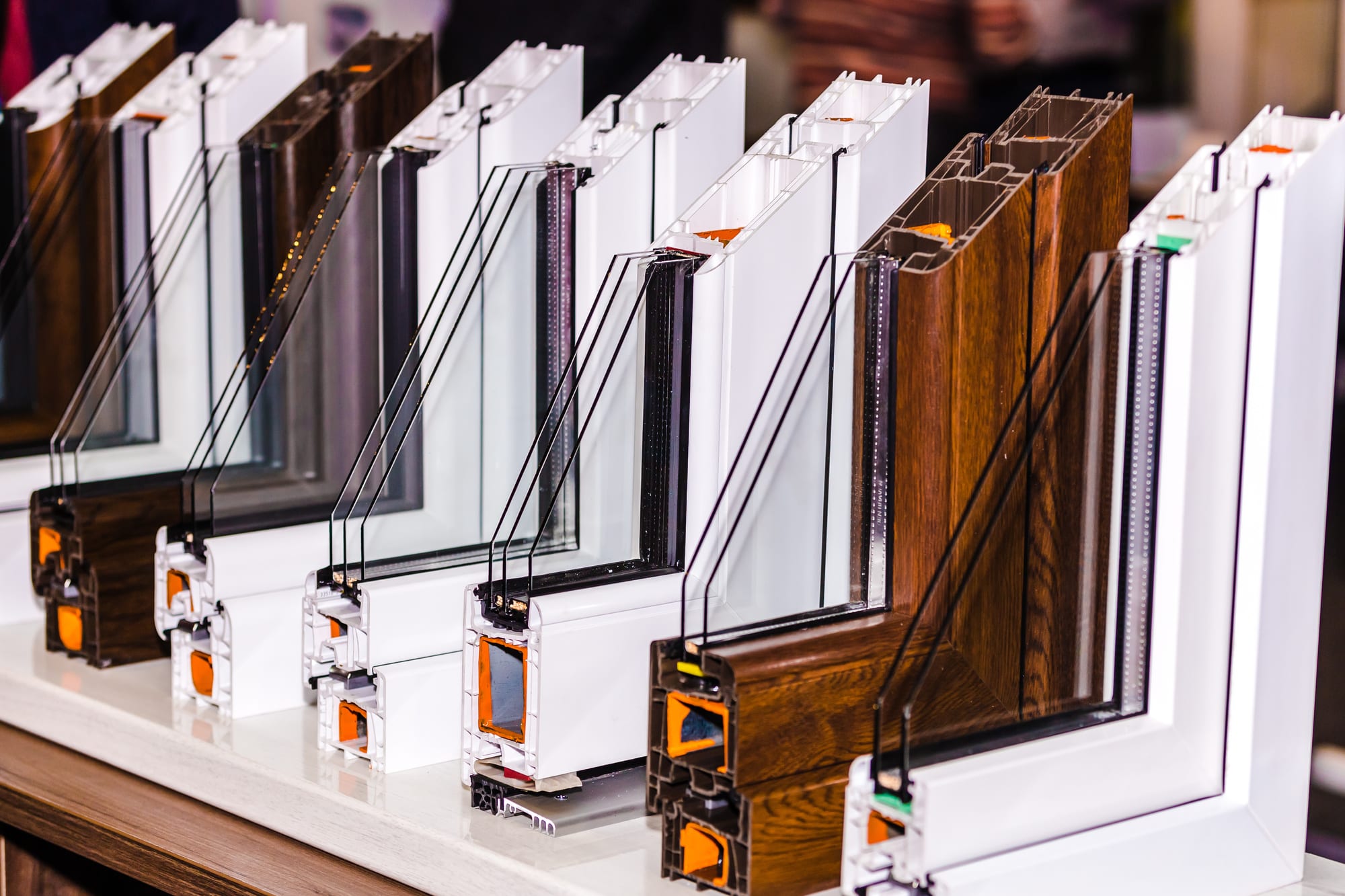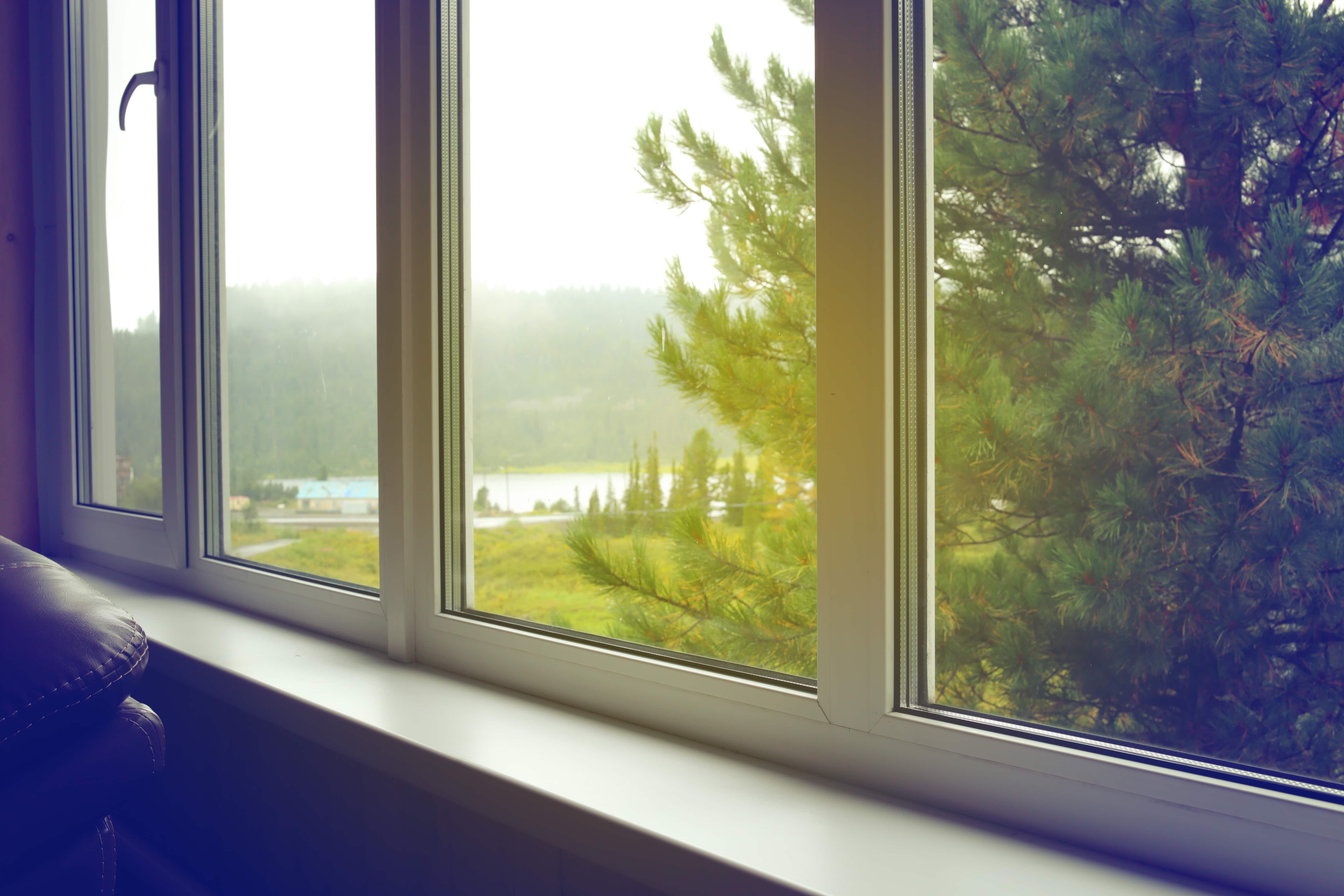All Categories
Featured
Table of Contents
What Are The Advantages Of Double Glazed Windows? in Kallaroo Perth
Glazing simply means the windows in your house, including both openable and set windows, along with doors with glass and skylights. Glazing in fact simply indicates the glass part, but it is normally utilized to refer to all elements of an assembly including glass, films, frames and furnishings. Paying attention to all of these aspects will help you to attain effective passive design.

Energy-efficient glazing makes your house more comfy and considerably decreases your energy costs. Unsuitable or inadequately created glazing can be a major source of unwanted heat gain in summer and substantial heat loss and condensation in winter season. Up to 87% of a house's heating energy can be gotten and approximately 40% lost through windows.
Double Glazed Windows Sydney & Replacement Windows in Leeming WA
Glazing is a considerable investment in the quality of your house. The cost of glazing and the expense of heating and cooling your home are closely related. An initial investment in energy-efficient windows, skylights and doors can greatly minimize your annual cooling and heating expense. Energy-efficient glazing likewise reduces the peak heating and cooling load, which can lower the needed size of an air-conditioning system by 30%, resulting in further cost savings.

This tool compares window choices to a base level aluminium window with 3mm clear glass. Comprehending some of the essential properties of glass will assist you to choose the best glazing for your house. Key properties of glass Source: Adjusted from the Australian Window Association The quantity of light that travels through the glazing is understood as noticeable light transmittance (VLT) or visible transmittance (VT).
Keep Cool This Summer Without Overusing Your Aircon. in Lesmurdie WA
This may lead you to switch on lights, which will lead to greater energy costs. Conduction is how easily a product performs heat. This is called the U worth. The U value for windows (revealed as Uw), describes the conduction of the whole window (glass and frame together). The lower the U value, the greater a window's resistance to heat circulation and the better its insulating worth.
For instance, if your home has 70m2 of glazing with aluminium frames and clear glass with a U value of 6. 2W/m2 C, on a winter's night when it is 15C chillier outside compared with inside your home, the heat loss through the windows would be: 6. 2 15 70 = 6510W That is comparable to the total heat output of a large space gas heating system or a 6.
Double Glazed Windows Sydney in Marmion Perth

If you select a window with half the U value (3. 1W/m2 C) (for example, double glazing with an argon-filled gap and less-conductive frames), you can cut in half the heat loss: 3. 1 15 70 = 3255W The solar heat gain coefficient (SHGC) for windows (revealed as SHGCw) determines how readily heat from direct sunlight flows through a whole window (glass and frame together).
The lower a window's SHGC, the less solar heat it sends to the home interior. Glazing manufacturers declare an SHGC for each window type and style. However, the actual SHGC for windows is affected by the angle that solar radiation strikes the glass. This is known as the angle of incidence.
Carnegie 3163, Vic. Amazing Service By Aps Double Glazing in Kiara Western Australia
When the sun is perpendicular (at 90) to the glass, it has an angle of occurrence of 0 and the window will experience the maximum possible solar heat gain. The SHGC declared by glazing producers is constantly computed as having a 0 angle of occurrence. As the angle increases, more solar radiation is shown, and less is sent.
Latest Posts
Double Glazed Windows in West Leederville Perth
Double Glazed Windows Melbourne in Medina Western Australia
Double Glazing Companies Near Me Reviewed 2023 in Huntingdale WA